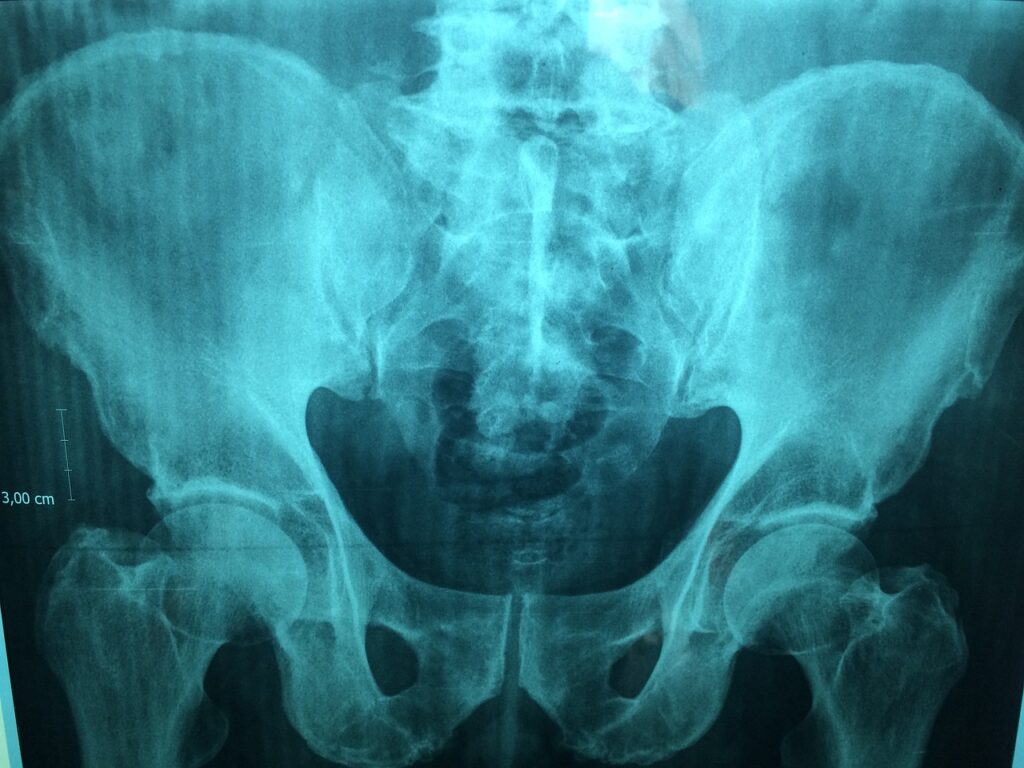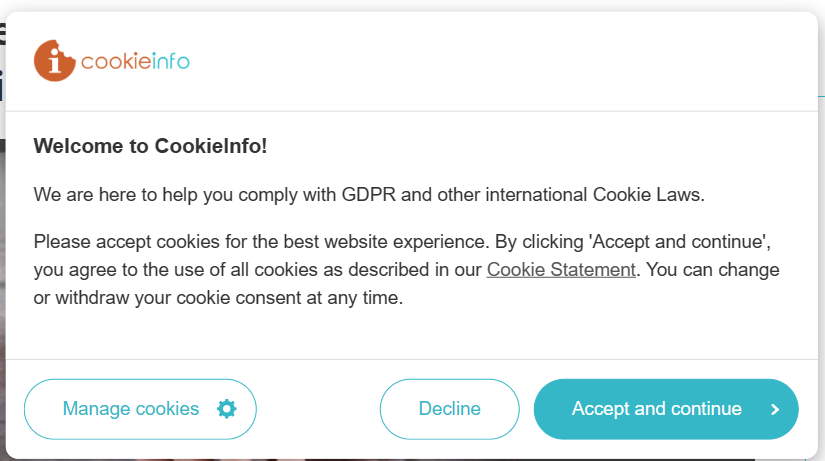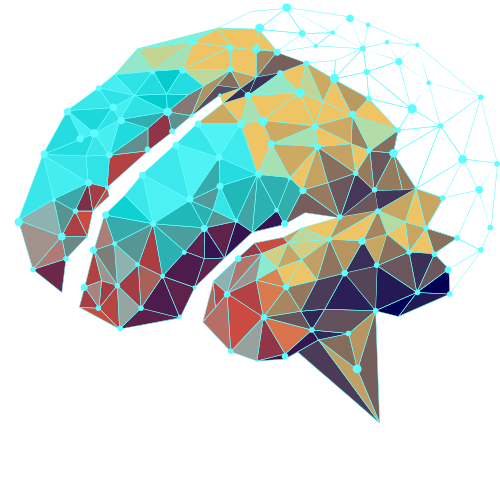I have never been afraid of digitalization or technology. I have seen them as a natural part of development. Digitalization can be compared to industrialization some way. It has and it will change the way we work. Some former professions become unnecessary, but entirely new job roles are created as a result of digital transform.
I have worked as a paramedic ALS since 2017 and have also done some digital marketing communications once and a while. Digitalization has taken big leaps since I started my working life in 2000. We did have internet and networks, but we also had a fax machine and lots of paper!
The Covid-19 pandemic accelerated digitalization in many organizations, but there were no changes to emergency medical services operations. We still had to face patients in person. Nowadays I can send patient’s ECG to a doctor for consultation and patient can read his/her journal at OmaKanta. Emergency medical services is developing rapidly, not only digitalization but everything in it is “under construction”. Occasionally it feels like too much despite of noble aim of enhancing patient safety, efficiency and enabling remote care. Finland is currently experiencing a shortage of resources and hopefully remote care is solution to help maintain/ improve good quality healthcare.
Open digital society
We live in a world, where digital solutions are widely accessible, utilized, and integrated into our everyday life. It is so natural part of our lives that most of us don’t even think about it. In a digital society, some of the greatest benefits include rapid access to information and increased participation and inclusion at digital platforms and communities.
In my field (EMS/ healthcare), what fascinates me the most is big data and its utilization in promoting health. We need Artificial Intelligence (AI) to help process big data, identifying patterns, risk factors, and disease trends. AI can also analyze various types of medical images (such as X-rays) to assist radiologists in diagnosing and enhancing patient care. Kirubarajan and others conducted a scoping study in 2020 on the applications of AI in emergency medical services (Artificial intelligence in emergency medicine: A scoping review – PMC (nih.gov). Conclusion was that there is some promising interventions of AI in emergency medical, especially in acute radiographic imaging and prediction-based diagnoses. Higher quality evidence is still needed.

Data protection reform and gdpr
The most familiar effect of GDPR is the privacy statement pop-up window that appears on every website I open. If I would read those, they would inform me about the data they’ll collect and how they intend use it.
“We use cookies to improve your experience…”
At this point I usually stop reading and just press ACCEPT, because it’s easier and faster than to MANAGE COOKIES.

Image:
www.cookieinfo.net/en
This is also the point where I give away my privacy and allow marketers to seduce me with “personalized and relevant ads”. Some of the cookies are necessary. Necessary cookies help make a website usable by enabling basic functions like page navigation and access to secure areas of the website. The website cannot function properly without these cookies. I checked five random websites and found that majority of cookies are for marketing purposes (Marketing cookies are used to track visitors across websites) while necessary cookies are in the minority.
Data protection reform is basically good thing, because it protects my privacy and helps me to control my personal data and I am aware of how my personal data is used. That’s how it should be, but it was not at the beginning. In many companies, there was uncertainty about what to do. GDPR documents were drafted and posted on websites, but behind the scenes actual data protection measures were still non-existent. Many issues have improved but there is still lot to be done. In the field of emergency and acute medical care privacy issues are sometimes hard to maintain. Conditions outside the hospital vary and keeping patients’ personal data safe is not that simple. We undergo a lot of training (some mandatory) to ensure we protect the privacy of our patients.
CHAT GPT and AI
I have used Chat GPT basically just for fun or instead of Google Search. Last week I asked it to help me with Matlab coding. It had quite limited skills, but it was entertaining anyway. Now I set a few questions about acute and emergency care in Finland. It provided a good overview of EMS in Finland, shortened:
Overall, EMS in Finland is characterized by its efficiency, professionalism, and commitment to providing timely and effective medical asisstance to those in need.
About the specific medications carried in ambulances it provided also quite good overview of. Chat GPT gave me somewhat relative generic answers to more specific questions. That’s understandable, because the information is not publicly available.
I prefer using Chat GPT/AI for asking more information or guidance, but it definitely is not any scientific “The Truth Horn” (I asked to translate “totuudentorvi”!)
summary
I’m not sure what to think about AI. From an economic perspective it can help us to understand and improve processes throughout the healthcare services (and other sectors too). It will save money they say, but we also need to invest in it. No free lunches. James Lyne talked about everyday cybercrime and that video was 11 years old. I could not avoid thinking that if that was the situation back then, what it is now or in the future. There are thousands of ways to misuse AI, bigdata and overall digitalization. Are aware enough of these risks?
During my master’s degree –studies I realized that digitalization has changed our lives permanently; the way we think, work and communicate. How we are going to prevent digital exclusion of those individuals who have limited or no acces to digital technologies or they don’t have skills to use them effectively? I am interested in learning how to reduce digital exclusion.
Blogs I Commented:
DIGI SOCIETY –DIGI SOCIETY – Katja´s site (savonia.fi) (Katja Hattunen)
